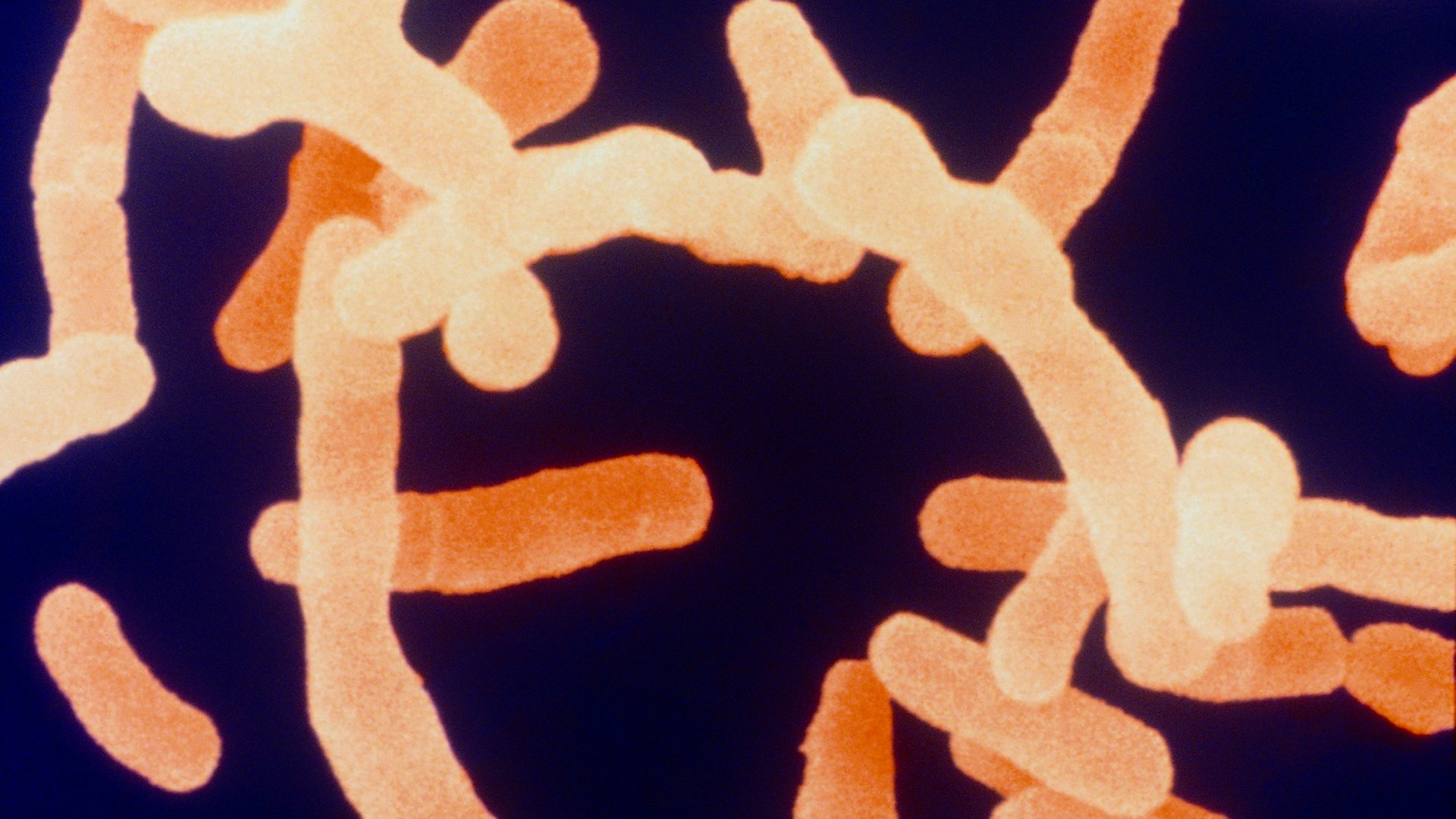Numerous benefits, but why?
Fibre is good for your health. Fruits and vegetables reduce the risk of diabetes, heart disease and arthritis. In fact, eating more fibre appears to reduce the overall mortality rate among people, regardless of the cause. Despite the many benefits, it was unclear ‘why’ fibre helped. Researchers from the University of Göteborg therefore decided to conduct a series of experiments. One of the key findings from their research was that fibre is not so much directly beneficial for our bodies, but instead helps our intestinal bacteria in particular.
Healthy reinforcements
Plant fibre is very strong and can only be broken down and absorbed into our bodies with the help of special enzymes. Oddly enough, our intestinal wall cells produce hardly any of these enzymes at all. This is one of the reasons why we cannot manage without our billions of intestinal bacteria, as they produce more than enough. The bacteria use these enzymes to cut the fibre into smaller molecules that can be more easily absorbed. The waste products that these bacteria produce, so-called short-chain fatty acids, are absorbed by our intestinal wall cells as nutrients. The intestinal bacteria also send all sorts of chemical messages to our intestinal wall cells that stimulate them to divide and create mucus, thus keeping the intestines healthy.
Immune responses
Previous research has already shown that switching to a high-fibre diet can increase the bacterial population in the intestines tenfold. The Swedish researchers conducted a similar experiment, examining the intestinal microbiome of mice that switched from high-fibre chow to a diet that was high in fat, sugar and protein. This had dramatic consequences. Common strains of bacteria became rare, and rare strains increased. This in turn had a direct effect on the health of the mice. Their intestines became smaller, and the layer of mucus that protects the intestines and houses the intestinal bacteria became thinner, which led to immune responses.
Positive effect
In another group of mice, the team added a single fibre called inulin to the high-fat diet. This had an immediate positive effect. The mucus layer was healthier and thicker than in the mice that were not given the fibre, preventing any inflammation from occurring in the intestines. A similar result was achieved when the researchers added a fibre-eating bacterial strain to the mice’s drinking water. Additional fibres and the right bacteria to break them down thus ensure healthy intestines.
Essential fibres
The study demonstrates that a high-fibre diet is essential to the health of the intestinal microbiome, and thus the entire body. Insufficient fibre intake causes many essential intestinal bacteria to starve and the natural balance of the intestinal ecosystem to collapse. Some bacterial strains will even start eating the mucus layer. The consequence is that the mucus layer becomes thinner, resulting in a greater risk of intestinal inflammations. These inflammations can eventually become chronic and affect the entire body.

